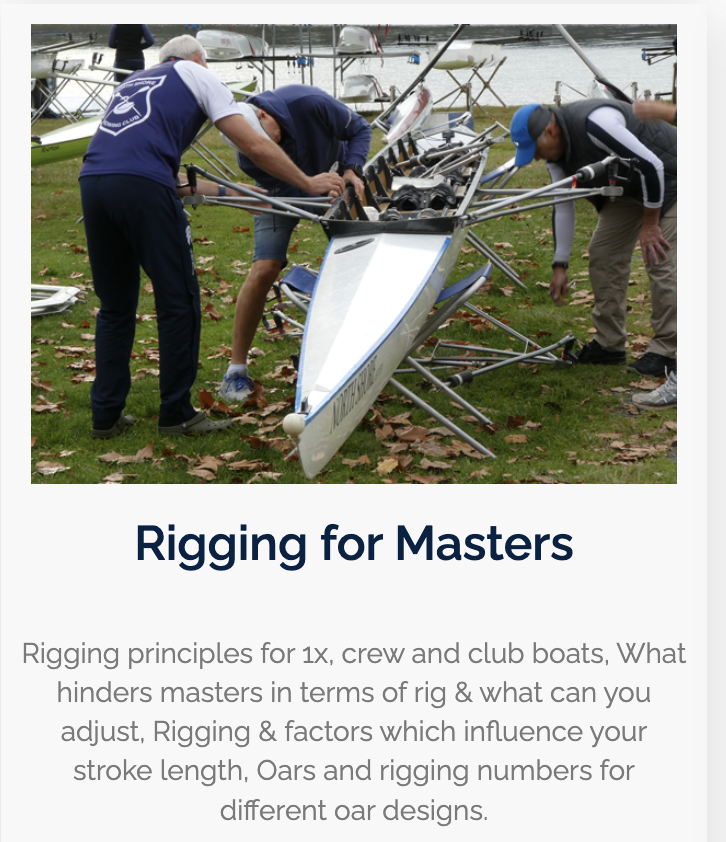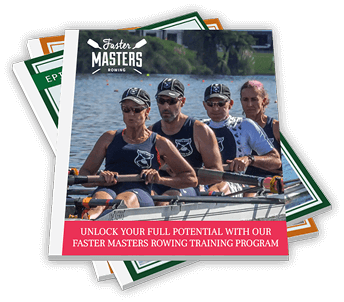Faster Masters Rowing Radio - the podcast for masters rowers. Marlene Royle and Rebecca Caroe are joined by Volker Nolte & Wolfgang Fritsch to discuss their brand new Masters Rowing book.
Support this show with a donation
https://fastermastersrowing.com/register/podcast-supporter/
Timestamps
04:00 Racing Starts Challenge sign up details
11:00 Wolfgang Fritsch and Volker Nolte's backgrounds in rowing - rowing coaches are easier to convince of things if you are also a coach
20:30 The message of the book, “Masters Rowing” is to enjoy rowing.
Buy the book https://amzn.to/2Saikeq
22:30 the 6 aspects of ageing
Chronological
Functional
Biological
Psychological
Social
Training
Understand how each is different and how you are placed. Biological isn’t the same as chronological - you may feel different or you may not.
28:40 How does rowing help successful ageing? The book addresses the ageing process and how to make your life better.
34:00 Warm up strategies for masters - as you age you need more warm up. Body function changes and the blood capillaries become tighter and less flexible so blood flow is inhibited.
36:30 One key recommendation for rigging as you age.
Use shorter oars. Adjust the rigging to suit the athletes.
Adapt training intensity to suit too.
Supplementary training and technique changes.
The traditional gig boats are good for learning to row, as are coastal boats.
Your perception of load changes too as you age.

40:00 Marlene’s club has different size and weight boats and adding pontoons as people learn helps.
42:00 Crew boats add a whole level of fun. Volker recommends variety - crew boats rowing on both sides. Try to challenge people a bit and push your function a bit.
46:00 At what age do you see the biggest drop in performance?
Do we lose more in age than we can add in training?
Adjust your focus - you can still improve your skills at any age.
51:00 There are examples of training plans and how to write your own components in the book. Speed, power and endurance.
53:00 Learning to row is a fun adventure. It’s not a military exercise.
A well rigged boat is important.
Don’t use detailed positioning explanations - give the athletes an idea of the whole movement.
56:50 Children learn by trying. For adults, when they ask about something, give them advice. Don’t formalise the learning. Trust the coordination of the athlete.
The basic rowing movement isn’t difficult. Rowing becomes difficult when you want to go fast.
59:00 Volker’s podcast with Joe de Leo. Learning to row - do it organically.
https://www.stitcher.com/show/leo-training-strength-conditioning-endurance-health/episode/episode-130-dr-volker-nolte-dr-valery-kleshnev-power-measurement-and-biomechanics-in-rowing-76528104
There is no carry-over from erg to boat. The brain does not recognise it as the same thing.
1:03:00 Do you recommend sweep rowers to swap sides - yes It helps learn different movements and also swapping seats is a good learning.

